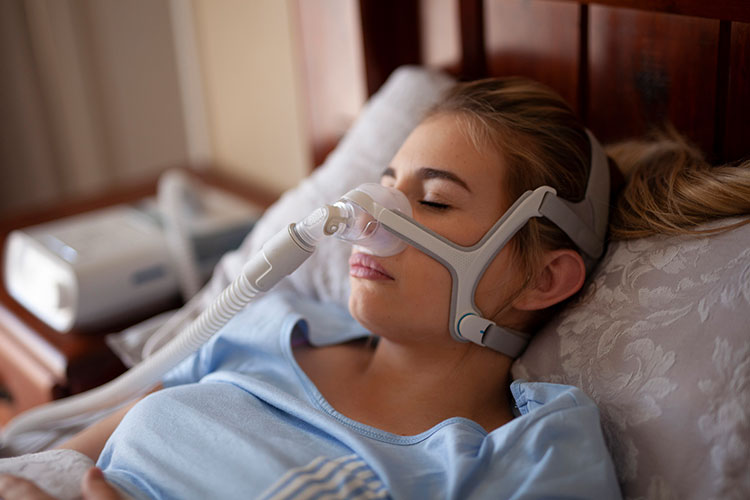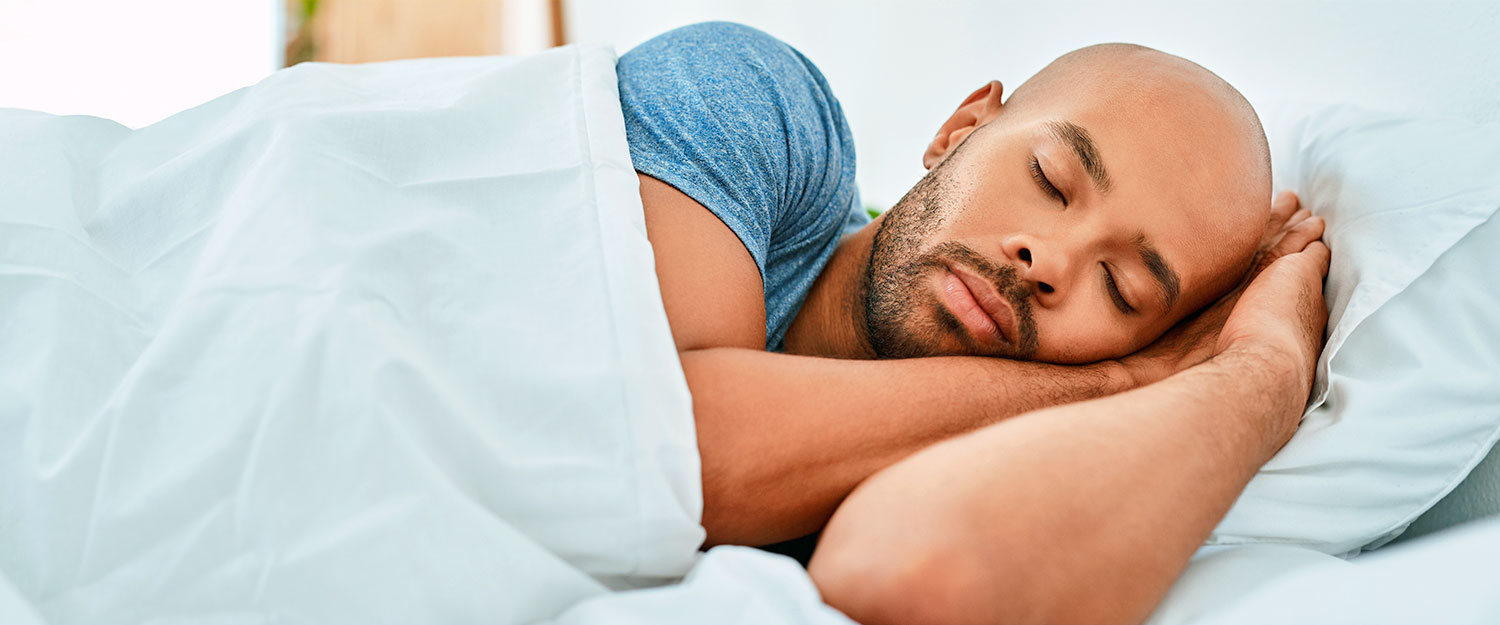Efficient Insomnia Therapy - Reclaim Your Restful Nights
Efficient Insomnia Therapy - Reclaim Your Restful Nights
Blog Article
Reliable Treatment Solutions for Taking Care Of Sleep Disorders and Enhancing Restful Rest
In the world of medical care, the monitoring of sleep problems and the mission for peaceful rest are critical components of total wellness. As we browse the elaborate landscape of rest problems and look for to boost our sleep experience, a deeper understanding of these treatment options might hold the key to unlocking a much more relaxing and meeting corrective journey.
Cognitive Behavioral Therapy for Insomnia (CBT-I)
Cognitive Behavior Modification for Sleeping Disorders (CBT-I) is an organized, evidence-based treatment strategy that concentrates on addressing the underlying aspects contributing to rest disruptions. This kind of therapy intends to change habits and thoughts that worsen sleeplessness, inevitably advertising healthy and balanced rest patterns. CBT-I generally includes a number of vital elements, consisting of cognitive therapy, rest constraint, stimulus control, and rest health education.
Cognitive therapy helps people determine and alter unfavorable thought patterns and beliefs regarding sleep that might be preventing their capability to fall or stay asleep. Rest restriction includes limiting the amount of time spent in bed to match the individual's real rest duration, thus boosting sleep efficiency (insomnia solutions). Stimulus control techniques help develop a strong association in between the bed and sleep by encouraging people to head to bed only when drowsy and to stay clear of engaging in promoting tasks in bed
Additionally, sleep health education concentrates on establishing healthy rest routines, such as maintaining a consistent rest schedule, producing a relaxing going to bed regimen, and optimizing the rest atmosphere. By attending to these factors thoroughly, CBT-I offers a reliable non-pharmacological treatment for taking care of sleeplessness and improving total sleep top quality.
Sleep Health Practices
Having developed the structure of cognitive restructuring and behavioral modifications in attending to insomnia with Cognitive Behavioral Therapy for Sleep Problems (CBT-I), the focus now moves towards discovering essential Sleep Health Practices for keeping ideal rest top quality and total wellness.
Rest hygiene techniques include a variety of routines and ecological aspects that can considerably affect one's capacity to sleep and remain asleep throughout the evening. Regular sleep and wake times, producing a relaxing going to bed regimen, and optimizing the sleep setting by maintaining it dark, silent, and cool are important elements of excellent rest hygiene. Restricting direct exposure to screens prior to bedtime, avoiding stimulants like caffeine close to going to bed, and participating in routine exercise throughout the day can likewise promote better rest quality.
Moreover, exercising relaxation techniques such as deep breathing exercises or meditation prior to bed can assist soothe the mind and prepare the body for rest. By incorporating these rest hygiene practices into one's everyday regimen, individuals can establish a healthy rest pattern that supports peaceful sleep and overall health.
Leisure Techniques and Mindfulness
Executing leisure strategies and mindfulness methods can play a critical role in fostering a feeling of tranquility and advertising quality sleep. sleep deprivation help. These techniques aim to silent the mind, lower tension, and produce an optimum setting for relaxing sleep. One commonly practiced method is deep breathing workouts, where people concentrate on slow, deep breaths to loosen up the body and mind. Progressive muscle mass relaxation includes tensing and after that launching each muscle mass team, advertising physical relaxation. In addition, assisted images can assist move individuals to a relaxed place in their minds, assisting in stress reduction and boosting sleep quality.
By incorporating these methods into a going to bed routine, individuals can signify to their bodies that it is time to unwind and prepare for rest. In general, integrating leisure techniques and mindfulness methods can significantly add to managing sleep conditions and enhancing general sleep high quality.

Medicine Options for Rest Disorders
After discovering leisure methods go right here and mindfulness practices as non-pharmacological treatments for enhancing sleep high quality, it is important to take into consideration medicine alternatives for people with rest disorders. In instances where way of living changes and treatment do not offer enough relief, medication can be an important device in managing sleep disruptions.
Generally suggested medicines for rest problems consist of benzodiazepines, non-benzodiazepine hypnotics, antidepressants, and melatonin receptor agonists. Benzodiazepines, such as diazepam, are sedatives that can assist cause sleep, however they are typically suggested redirected here for short-term use because of the danger of dependence. Non-benzodiazepine hypnotics like zolpidem are also used to deal with insomnia and have a reduced risk of dependancy contrasted to benzodiazepines. Antidepressants, such as trazodone, can be helpful for individuals with co-occurring anxiety and sleep disturbances. Melatonin receptor agonists, like ramelteon, target the body's all-natural sleep-wake cycle and can be handy for regulating sleep patterns.
It is important for individuals to speak with a health care supplier to figure out the most ideal medicine alternative based on their details sleep problem and clinical background.
Light Treatment for Circadian Rhythm Law
Light therapy, additionally called photo-therapy, is a non-invasive treatment method utilized to regulate circadian rhythms and improve sleep-wake cycles. This treatment includes direct exposure to bright light that mimics all-natural sunshine, which assists to reset the body's body clock. By exposing people to particular wavelengths of light, generally in the morning or night depending upon the wanted effect, light therapy can successfully adjust the circadian rhythm to advertise wakefulness throughout the day and improve relaxed rest during the night.
Study has shown that light treatment can be especially beneficial for people with circadian rhythm problems, such as delayed sleep phase syndrome or jet lag. It can likewise be handy for those experiencing seasonal depression (SAD), a sort of clinical depression that usually occurs throughout the winter months when natural light direct exposure is reduced. Light therapy is normally well-tolerated and can be utilized in combination with other treatment techniques for sleep disorders to optimize outcomes and improve overall rest top quality.
Conclusion
Finally, efficient treatment options for handling sleep disorders Recommended Site and improving relaxing sleep include Cognitive Behavior modification for Sleeping Disorders (CBT-I), sleep hygiene practices, relaxation methods and mindfulness, medication options, and light treatment for circadian rhythm guideline. These strategies can aid people improve their sleep quality and overall health. It is essential to talk to a health care copyright to identify one of the most appropriate approach for attending to sleep concerns.
As we browse the detailed landscape of rest disorders and look for to enhance our sleep experience, a deeper understanding of these treatment services might hold the secret to opening a more relaxing and satisfying restorative trip.
Sleep constraint includes restricting the amount of time invested in bed to match the person's actual rest period, thereby raising sleep efficiency. Consistent rest and wake times, producing a relaxing bedtime regimen, and optimizing the sleep environment by keeping it dark, silent, and cool are crucial elements of good sleep health. Light treatment is normally well-tolerated and can be utilized in conjunction with various other treatment approaches for sleep problems to maximize results and improve general sleep high quality.

Report this page